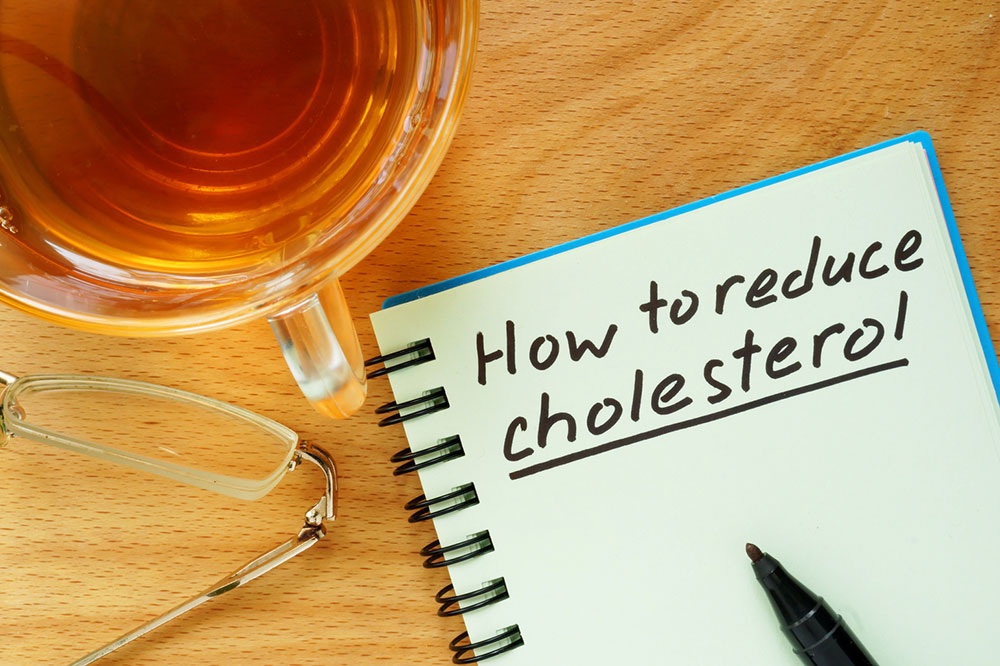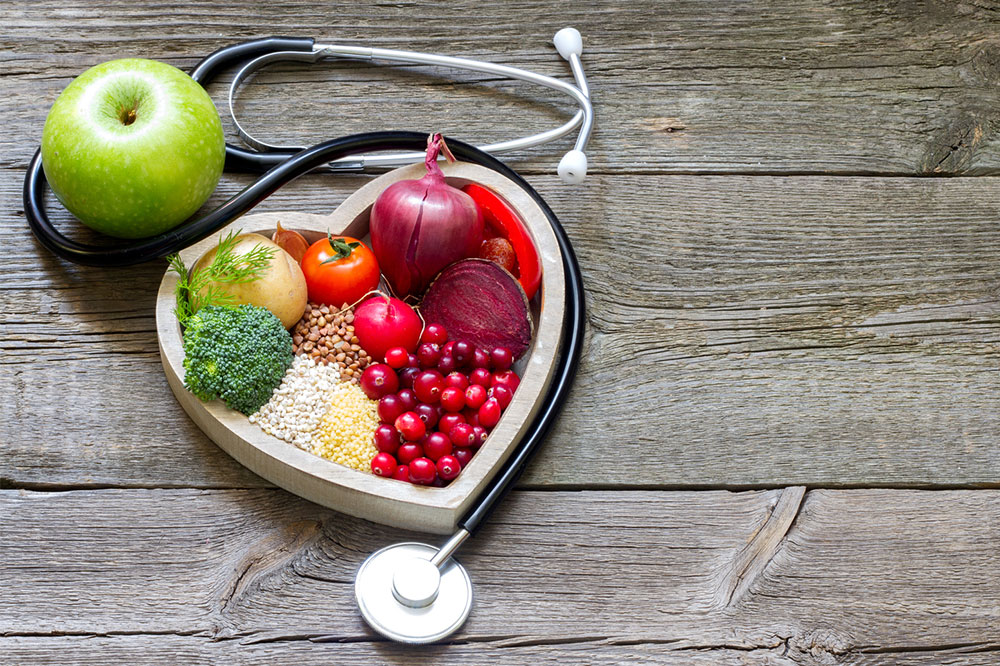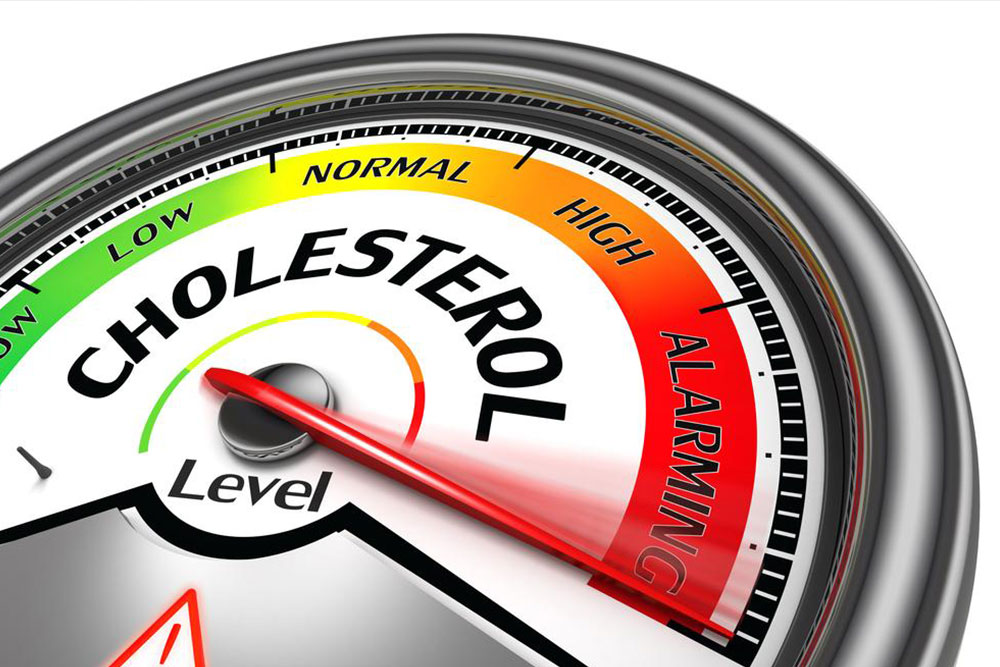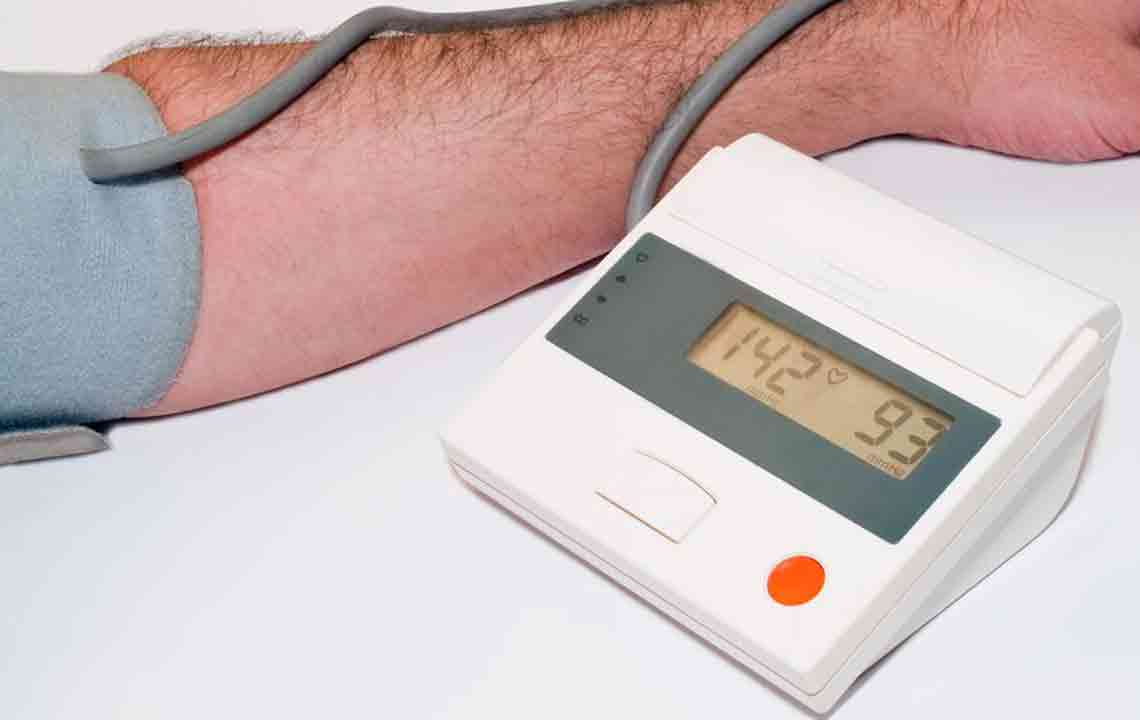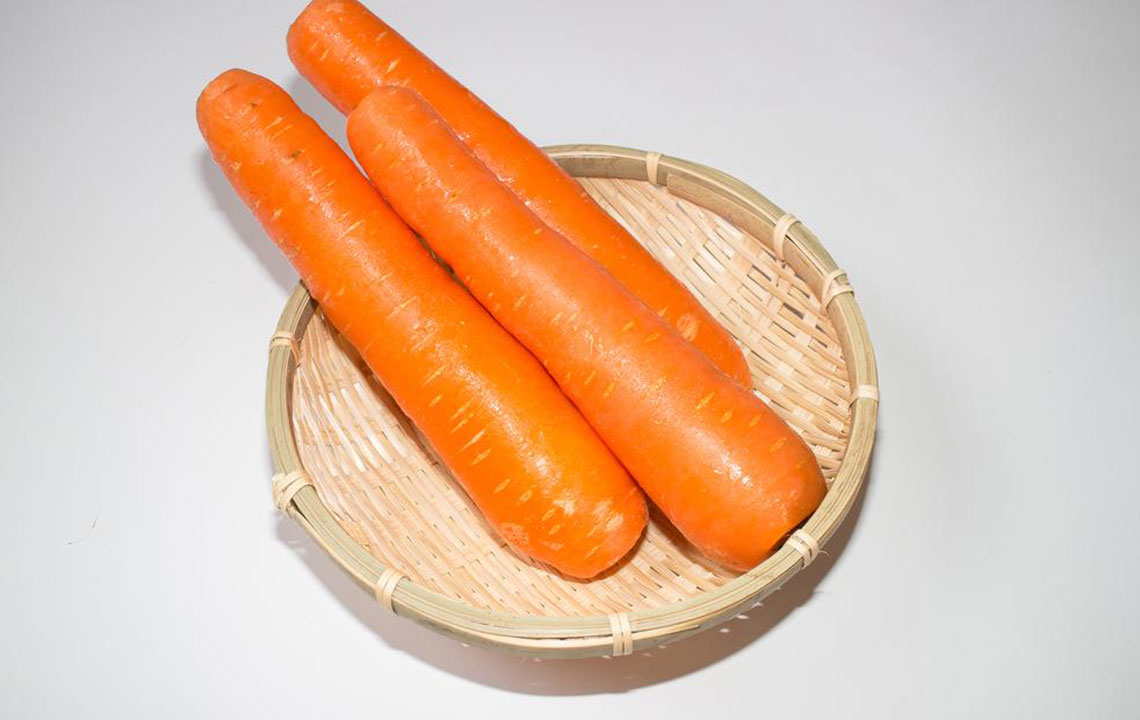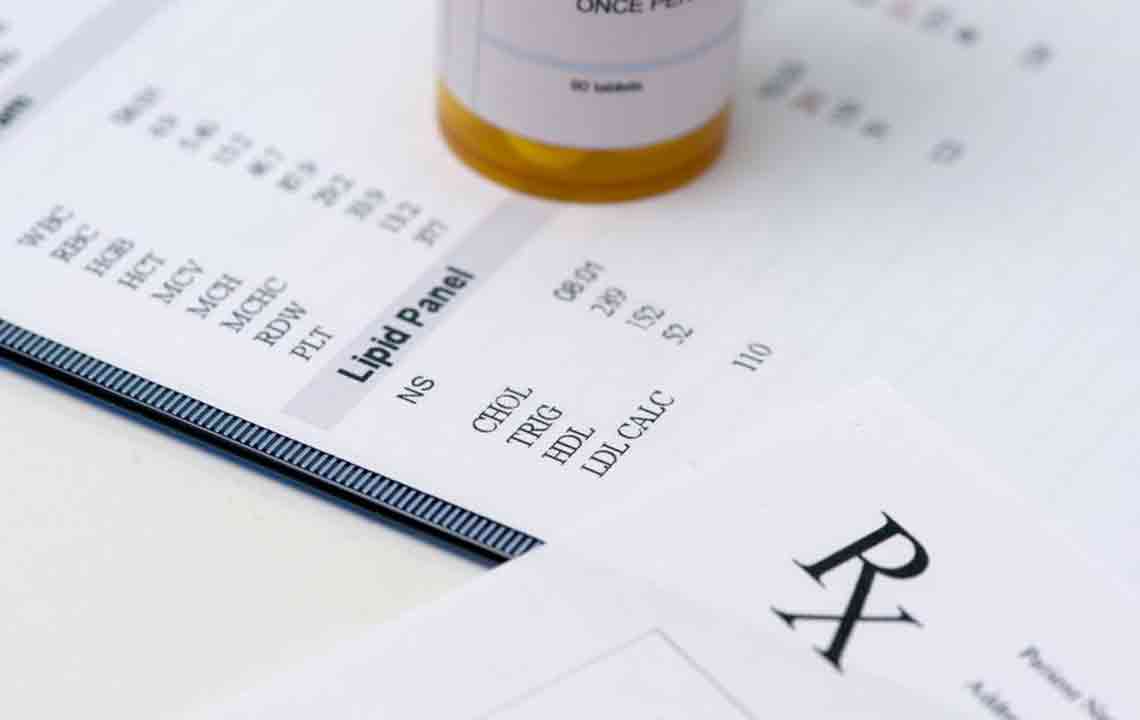Effective Natural and Medical Approaches to Reduce Cholesterol Levels for Heart Health
This comprehensive article explores various natural and medical strategies to lower cholesterol levels, including medications like bile acid resins, ezetimibe, niacin, fibrates, and omega-3s. It emphasizes dietary changes with foods like spinach, avocados, and oats, alongside lifestyle habits such as regular exercise and stress management. Understanding these different approaches empowers individuals to take proactive steps toward improving heart health. Whether through medication or lifestyle adjustments, managing cholesterol effectively can significantly reduce the risk of cardiovascular disease and promote long-term well-being.
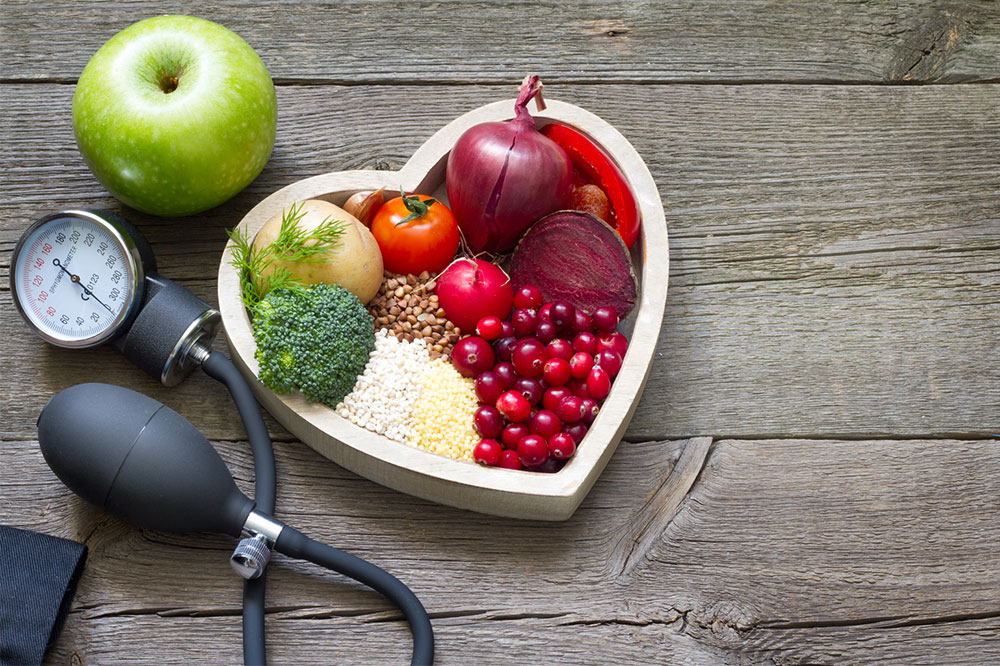
Comprehensive Natural and Medical Strategies for Lowering Cholesterol
Elevated low-density lipoprotein (LDL) cholesterol, often dubbed as "bad cholesterol," is a significant risk factor for cardiovascular diseases, including heart attacks and strokes. While traditional treatment plans frequently involve statin medications, these drugs may not be suitable for everyone due to potential side effects or genetic resistance. Therefore, exploring alternative therapies and lifestyle modifications becomes essential for a holistic and natural approach to managing cholesterol levels effectively.
Understanding various treatment modalities—ranging from prescription medications to dietary habits and physical activity—can empower individuals to take charge of their heart health. This comprehensive guide delves into non-statin medication options, dietary recommendations, and lifestyle choices that can help lower cholesterol naturally and improve overall cardiovascular well-being.
Medical Options Beyond Statins
For those seeking non-statin medications or complementing their existing treatment plan, several alternatives are available that target different mechanisms in cholesterol metabolism. These medications can be prescribed by healthcare professionals based on individual health profiles and risks.
Bile Acid Sequestrants
Bile acid sequestrants, such as colestipol, cholestyramine, and colesevelam, function by binding to bile acids in the intestines. By doing so, they prevent reabsorption, leading to increased excretion of these acids via stool. The body then compensates by converting more cholesterol into bile acids within the liver, effectively reducing circulating LDL cholesterol levels. These medications can be particularly useful for individuals with primary hyperlipidemia and are often used in combination with other treatments for enhanced efficacy.
Ezetimibe
Ezetimibe is a unique medication that works by inhibiting the absorption of cholesterol in the small intestine. By blocking NPC1L1 transporter proteins, ezetimibe reduces the amount of dietary and biliary cholesterol entering the bloodstream. The liver responds by pulling more cholesterol from the circulation, leading to lower LDL levels. It is often prescribed alongside statins but can also be effective as monotherapy for certain patients with high cholesterol levels who are intolerant to statins.
Vitamin B3 (Niacin)
Niacin, also known as vitamin B3, has long been used to manage cholesterol. It increases high-density lipoprotein (HDL) or “good” cholesterol while simultaneously decreasing triglycerides and LDL cholesterol. Niacin achieves this by inhibiting lipolysis in adipose tissue and reducing the synthesis of VLDL, a precursor to LDL. While niacin may not be as potent as some newer drugs, it remains a valuable option for patients aiming to improve their lipid profile without reliance on statins, especially when used under medical guidance due to potential side effects like flushing and liver toxicity.
Fibrates
Fibrates, such as gemfibrozil and fenofibrate, are derivatives of fibric acid and primarily target triglyceride reduction. They activate peroxisome proliferator-activated receptor alpha (PPARα), which leads to increased lipolysis and clearance of VLDL, the triglyceride-rich lipoproteins. By decreasing VLDL production, fibrates also contribute to lowering LDL cholesterol levels. These medications are particularly beneficial for patients with high triglycerides and believed to have a preventive effect against cardiovascular events.
Omega-3 Fatty Acids
Omega-3 fatty acids, found naturally in fatty fish like salmon, mackerel, and sardines, as well as flaxseed and walnuts, are acclaimed for their cardioprotective properties. They have been shown to raise HDL cholesterol while significantly reducing triglycerides, ultimately contributing to better lipid profiles. Many individuals incorporate omega-3 supplements or dietary sources to support their heart health and manage cholesterol levels naturally. Regular intake can decrease inflammation, improve blood vessel function, and lower risk factors associated with atherosclerosis.
It’s crucial to consult with a healthcare provider before initiating any new medication or supplement, especially considering the potential interactions and side effects associated with these treatments.
Dietary Modifications for Cholesterol Reduction
Diet plays a pivotal role in managing cholesterol. Adopting a diet rich in natural, low-saturated-fat foods while limiting processed fats and sugars can have a profound impact on lipid levels. Despite misconceptions, healthy fats sourced from plant-based oils, nuts, and fish are beneficial and essential for heart health. Here are some dietary strategies and specific foods known to support cholesterol lowering:
Spinach
Rich in lutein, spinach contributes to preventing the formation of arterial plaques, thus maintaining vessel flexibility and health.
Avocado
Contains phytosterols like beta-sitosterol, which help block cholesterol absorption in the gut, leading to improved blood lipid profiles.
Dark Chocolate
High-quality dark chocolate (above 70% cocoa) provides antioxidants that promote cardiovascular health and may help lower blood pressure and cholesterol levels.
Olive Oil
Known for its monounsaturated fats, olive oil aids in reducing LDL cholesterol while promoting HDL.
Legumes
Beans, lentils, and chickpeas are high in soluble fiber and healthy fats, aiding in lowering LDL and stabilizing blood sugar levels.
Tea
Both green and black teas contain antioxidants called catechins that help improve blood lipid profiles.
Garlic
Contains compounds such as allicin, which have been linked to reduced arterial plaque buildup.
Red Wine
When consumed in moderation, red wine offers antioxidants like resveratrol that support heart health and improve cholesterol balance.
Oats
Rich in beta-glucan, oats can significantly reduce LDL cholesterol levels when incorporated into daily diets.
Physical Activity and Lifestyle Changes
Regular exercise is one of the most effective natural strategies for maintaining healthy cholesterol levels. Physical activity enhances HDL levels, lowers triglycerides, and promotes overall cardiovascular health. Starting with routine, moderate activities and gradually increasing intensity can make the lifestyle change sustainable and enjoyable. Key activities include:
Brisk walking or jogging
Swimming and water aerobics
Cycling, both stationary and outdoor
Playing team sports like tennis, soccer, or basketball
Strength training and resistance exercises to boost metabolism
In addition to physical activity, other lifestyle modifications such as quitting smoking, managing stress, maintaining a healthy weight, and limiting alcohol consumption contribute significantly to lowering cholesterol and improving heart health.
Combining these natural strategies with medical interventions, when necessary, offers a comprehensive approach to effectively controlling cholesterol levels. Emphasizing personalized care and regular monitoring ensures better health outcomes and a higher quality of life.
